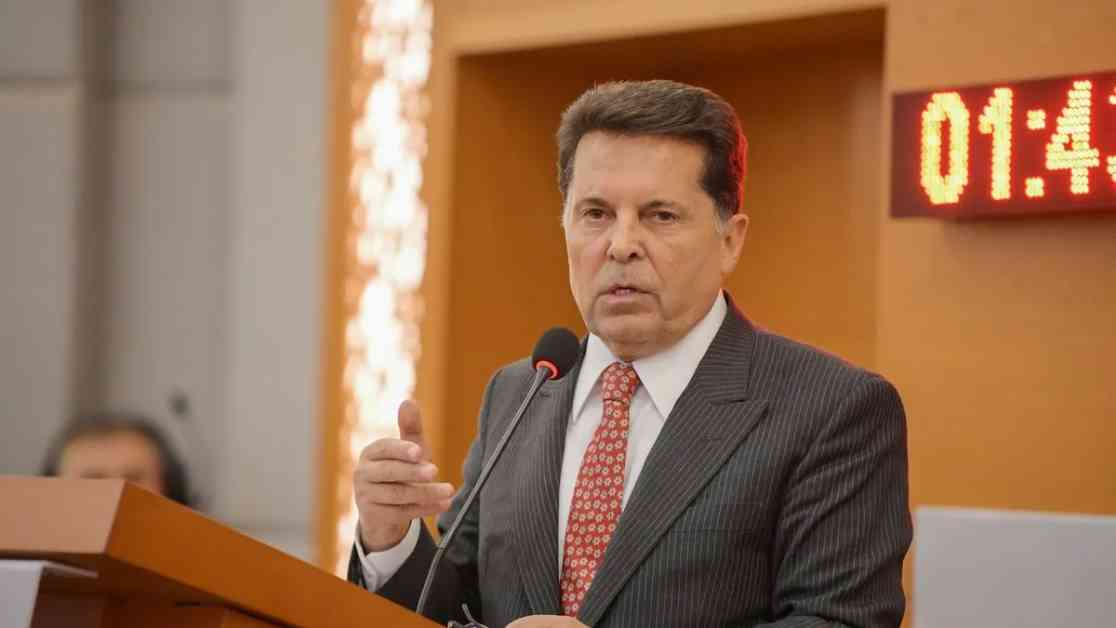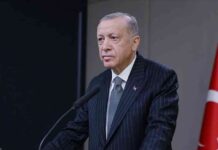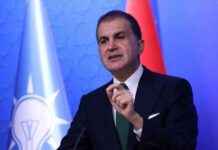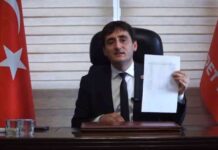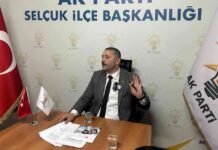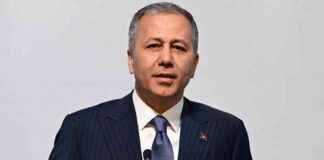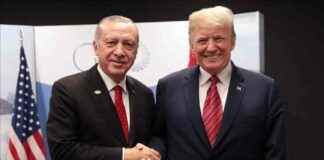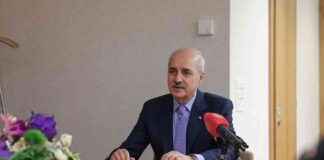Furkan Karabay, a journalist for 10Haber, was arrested this morning in connection with his social media posts and articles regarding the investigation into Esenyurt Mayor Ahmet Özer, who was removed from office and arrested. Authorities allege that Karabay misled the public and targeted law enforcement officials fighting terrorism in his reporting, leading to his imprisonment.
Karabay’s coverage of the investigation into Ahmet Özer, titled “The Ahmet Özer Investigation from A to Z: Concerts, official records, condolences, and a father’s photo used as grounds for arrest,” was published on November 6th. Following this article, Karabay made several social media posts quoting and discussing the same story.
ARRESTED
After these posts, 10Haber journalist Karabay was taken into custody this morning.
“INSULTING A PUBLIC OFFICIAL” CHARGES
According to information reported by 10Haber, Karabay was accused of “targeting individuals involved in counterterrorism efforts,” “insulting a public official,” and “disseminating misleading information to the public.”
IMPRISONED
Following his statement to the prosecutor, Karabay was taken to the duty judge at the Criminal Peace Court with a request for his imprisonment, which was granted, leading to his transfer to prison.
The arrest of Furkan Karabay has sparked a debate on press freedom and the limits of reporting on sensitive issues such as terrorism and government corruption. While journalists have a duty to inform the public and hold those in power accountable, they must also adhere to ethical standards and avoid inciting violence or spreading false information.
Press Freedom and Responsibility
Freedom of the press is a fundamental pillar of democracy, allowing journalists to serve as watchdogs, exposing corruption and abuse of power. However, this freedom comes with responsibility. Journalists must verify their sources, provide balanced reporting, and avoid sensationalism or bias that could harm individuals or incite unrest.
In the case of Furkan Karabay, his coverage of the investigation into Ahmet Özer raises questions about the line between investigative journalism and defamation. While journalists have a right to report on matters of public interest, they must do so responsibly and ethically, ensuring that their reporting is factual and does not harm individuals unjustly.
Impact of Social Media on Journalism
Social media has revolutionized the way news is disseminated, allowing for instant sharing of information and increased engagement with audiences. However, it has also led to the spread of misinformation and the blurring of lines between news and opinion. In the case of Furkan Karabay, his social media posts regarding the Ahmet Özer investigation may have crossed the line between reporting facts and inciting public opinion against a public official.
Journalists must be mindful of the power of social media and the impact their posts can have on public perception. While social media can be a valuable tool for journalists to connect with their audience and share breaking news, it also requires careful consideration of the implications of their words and the responsibility they hold as purveyors of information.
Legal Implications of Journalistic Reporting
The arrest and imprisonment of Furkan Karabay highlight the legal risks that journalists face when reporting on sensitive issues. While freedom of the press is protected by law in many countries, there are also laws that govern defamation, incitement to violence, and spreading false information.
Journalists must navigate these legal complexities carefully, ensuring that their reporting is accurate, fair, and in the public interest. While investigative journalism plays a crucial role in holding those in power accountable, journalists must also be aware of the potential consequences of their reporting and the legal implications that may arise.
In conclusion, the case of Furkan Karabay serves as a reminder of the delicate balance between press freedom and responsibility. While journalists have a duty to inform the public and expose wrongdoing, they must do so ethically and responsibly, avoiding the spread of misinformation and the incitement of violence. As the debate on press freedom continues, it is essential for journalists to uphold the highest standards of integrity and professionalism in their reporting.

